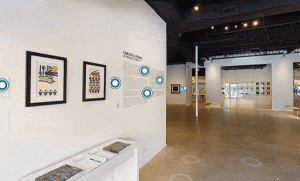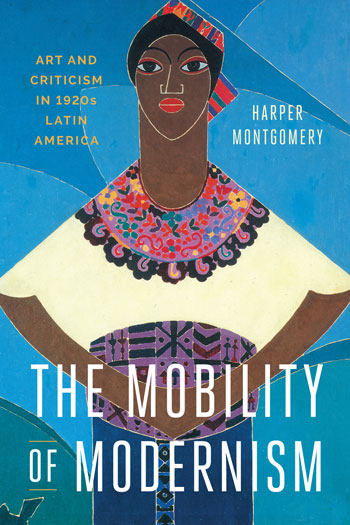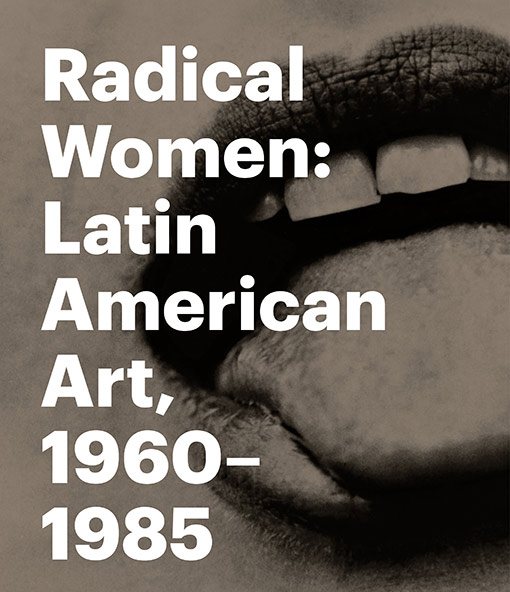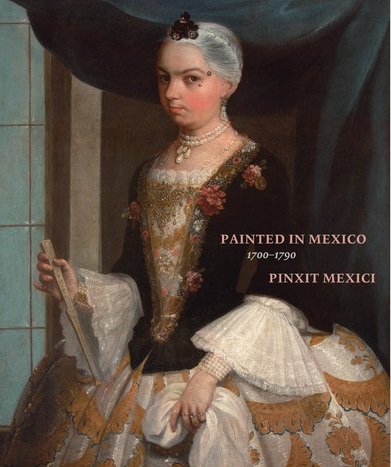Dear colleagues,
As the Executive Committee of the Association for Latin American Art, we affirm Black lives. Most recently, the state-sanctioned murders of George Floyd, Breonna Taylor, Tony McDade, David McAtee, Ahmaud Arbery, and countless others have again laid bare the specter of white supremacy that pervades not only law enforcement, but also the healthcare, housing, governmental, and educational systems and institutions of the United States.
We also acknowledge the historical depth of anti-Blackness all over the Américas. We are aware that this is not an issue exclusive to the United States, but rather one that has plagued the entire hemisphere for centuries. We cannot forget the countless victims of Black discrimination and violence in Latin America and the Caribbean. Just last May 31st, for instance, Anderson Arboleda, a young Afro-Colombian, was brutally killed by the police in front of his house in Cauca simply for breaking curfew.
As art historians, we recognize the power of images, especially in our present moment as people across the world consume traumatic photographs and video footage of state and vigilante terror. The visual culture that we are witnessing is but the latest manifestation in a centuries-long history of images of anti-Blackness that demand our study and scholarship. Art history is more relevant than ever in these times. Yet much remains to be done.
The field of Latin American art history has an unacceptable shortage of Black and Afro-Latinx voices at the university and museum level. This is both a pipeline issue and indicative of systemic discrimination that begins at the K-12 level. Moreover, although vibrant artistic production abounds in Afro-Latinx and Afro-Latin American communities, these arts remain woefully understudied and underutilized by historians of Latin American art in classrooms, exhibitions, and scholarship. Furthermore, as a community of scholars, this is an opportune time to pursue scholarly analysis of race, oppression, and liberation movements through an art historical lens.
How can we recalibrate our field and scholarship using the momentum that the present demands of us?
We would like to use this moment as an opportunity to reflect on ways that our field can uplift Black art and Black scholarship, and cultivate new generations of Black and Afro-Latinx scholars by building on the critical foundations that have been laid by scholars, curators, and public intellectuals. We encourage our members to renew their attention to issues of racial injustice and violence in our field. Initiatives are underway that we look forward to sharing with the community shortly.
#BlackLivesMatter #LasVidasNegrasImportan
Ananda Cohen-Aponte, President
Ana M. Franco, Vice President
Lesley Wolff, Secretary-Treasurer




